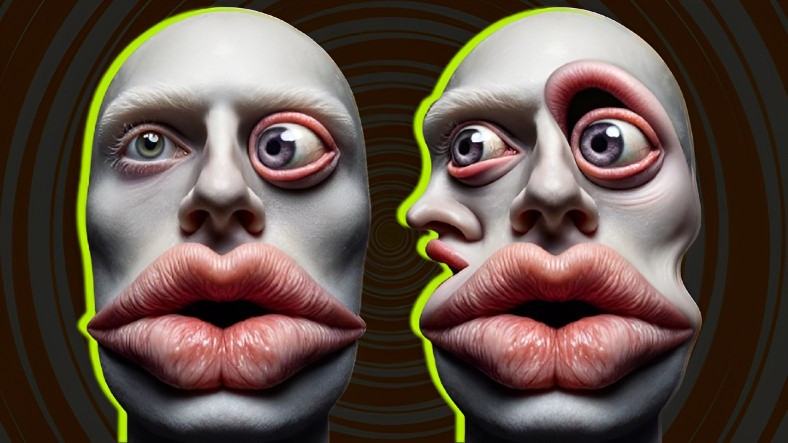People with this rare condition called prosopometamorphopsia; objects, people or their own bodies distortion of the perception of size and shape affected. The number of people suffering from this condition, which surprises many scientists, is 75 so far, but it is possible that there are many more.
People with the disorder what he experienced, how he saw it, why something like this happened and whether there was a cure. Let’s explain.
As if the condition isn’t strange enough, the name “prosopometamorphopsia” may sound strange too. Let’s explain right away.
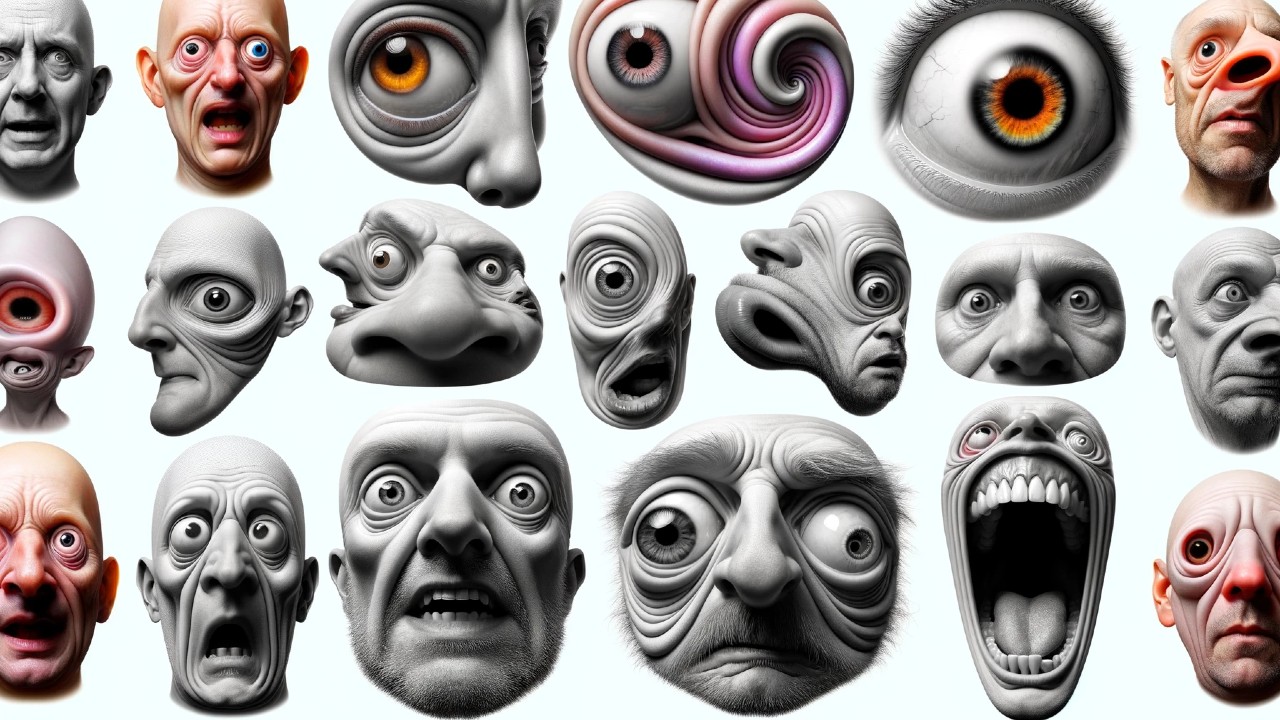
‘Prosopo’ comes from the Greek word ‘prosopon’ meaning ‘face’, while ‘metamorphosia’ refers to perceptual disturbances. expresses.
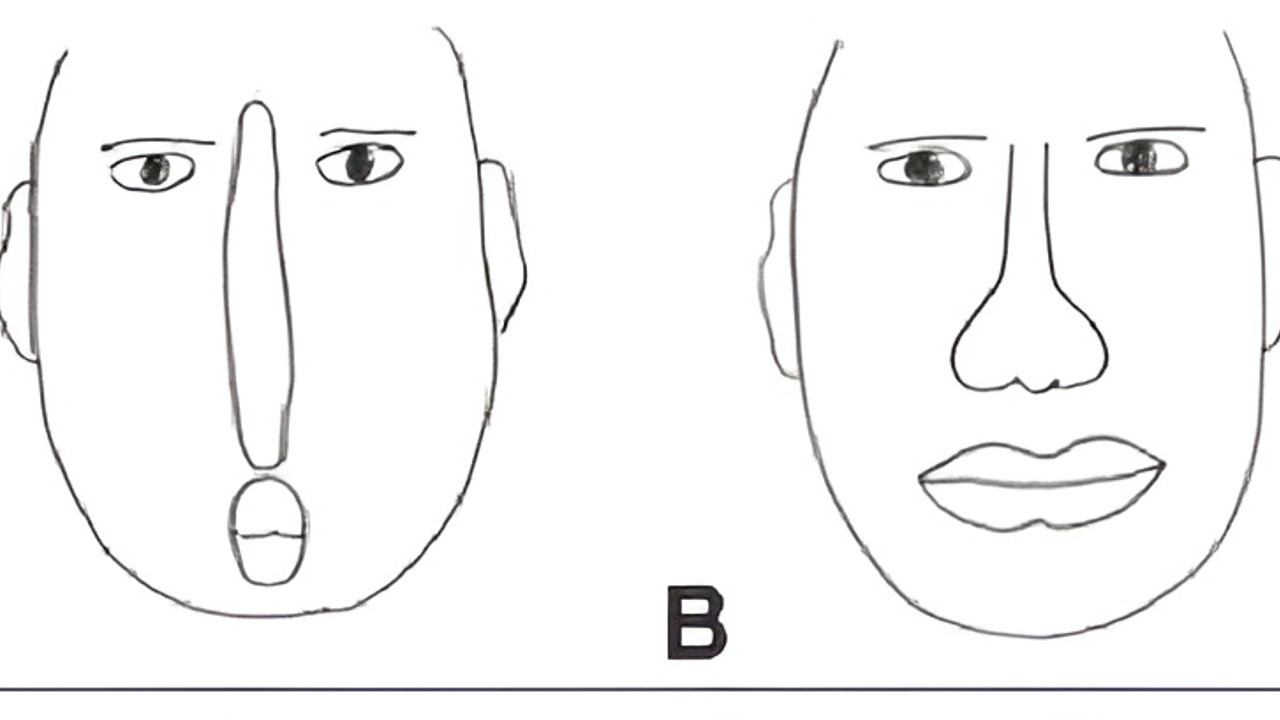
A person with prosopometamorphopsia; When you look at someone else’s face his facial features suddenly change, his eyes move further and further apart, his jawline gradually widens, swelling appears, his skin moves and glows. can see. Of course, he can experience the same situation when he looks at his own face in the mirror.
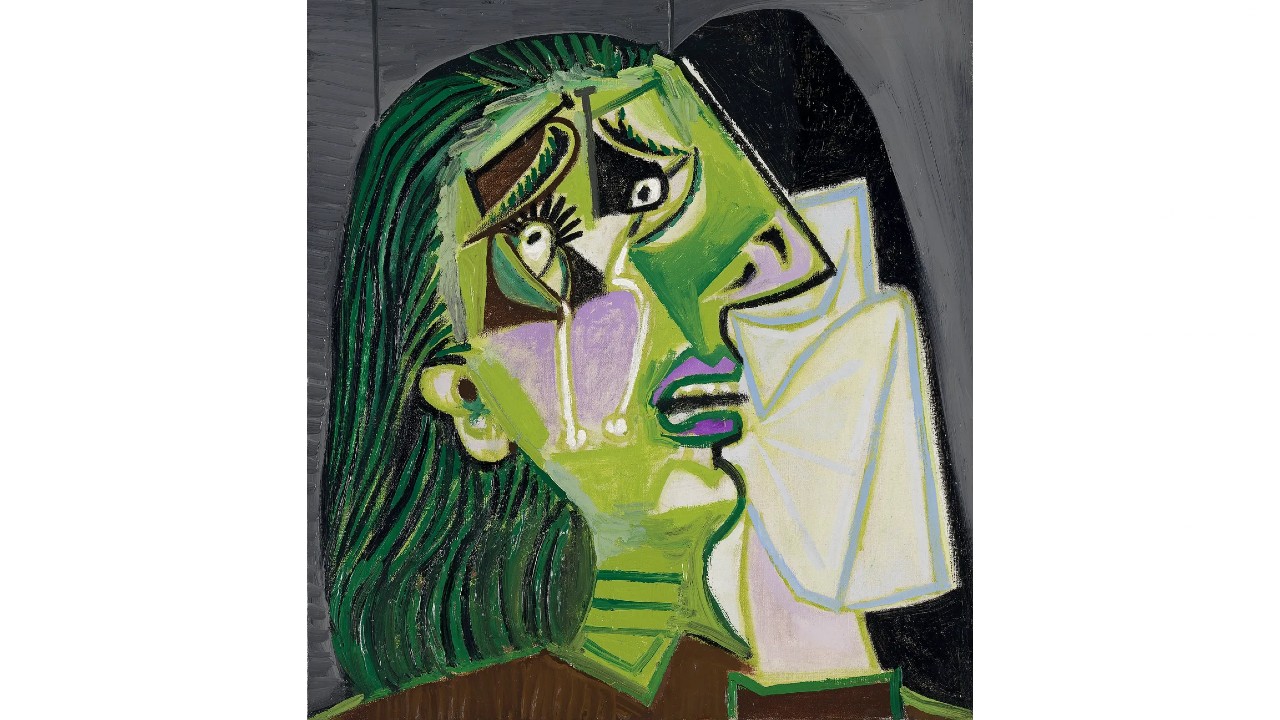
One person with the disorder describes his experience: “I almost always experience this when I look at my own face in the mirror, which makes it very difficult to prepare I look weird I am thinking.”
So what causes something like this?
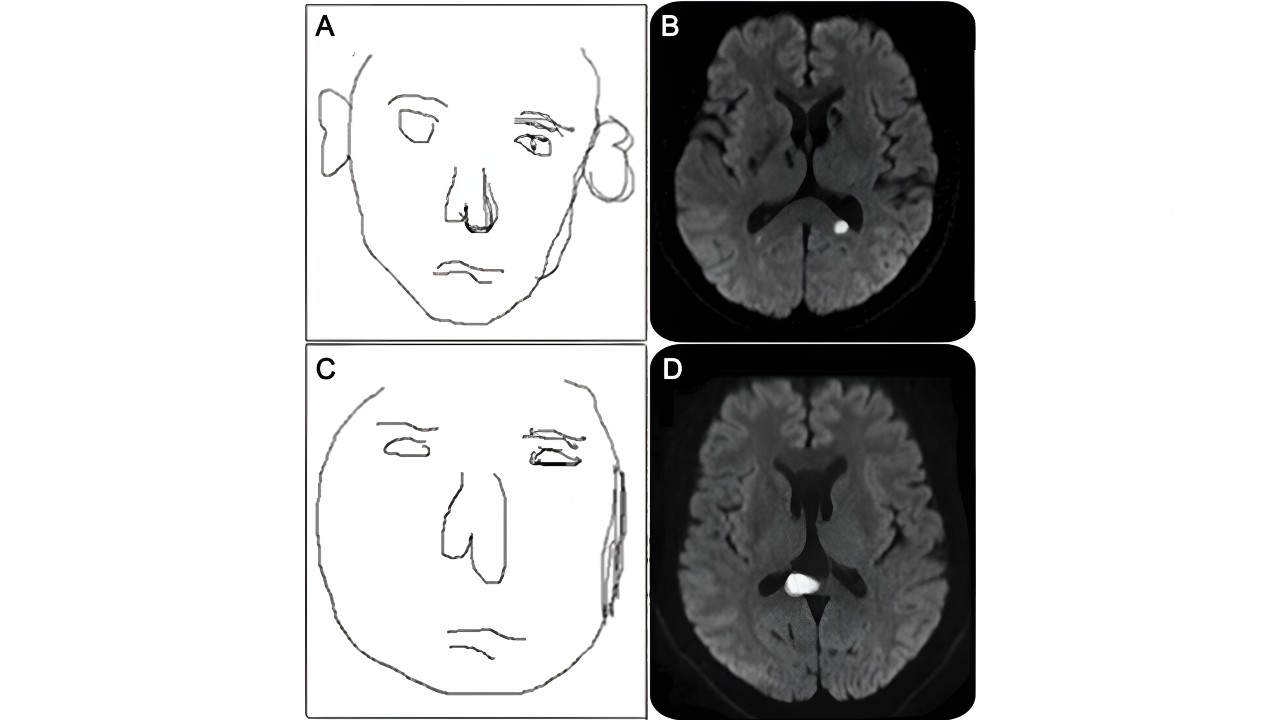
A definitive cause of the condition has still not been found, but there are several possible theories. As you can imagine, this can occur with LSD and similar hallucinogens, but it can also occur with stroke, paralysis, damage to any part of the brain or abnormalities in some parts of the brain It can also be seen from the face. For example ‘superior temporal sulcus’; It is activated when processing facial expressions, especially expressions related to the eyes, and damage to this area can lead to prosopometamorphopsia.
In some cases, prosopometamorphopsia can be seen as a symptom of epilepsy. For example, in one study, a patient with drug-resistant epilepsy was asked by the researcher to do this your face starts to sag he said.
Is there a treatment for prosopometamorphopsia, which is considered in the ‘facial hallucination’ category?
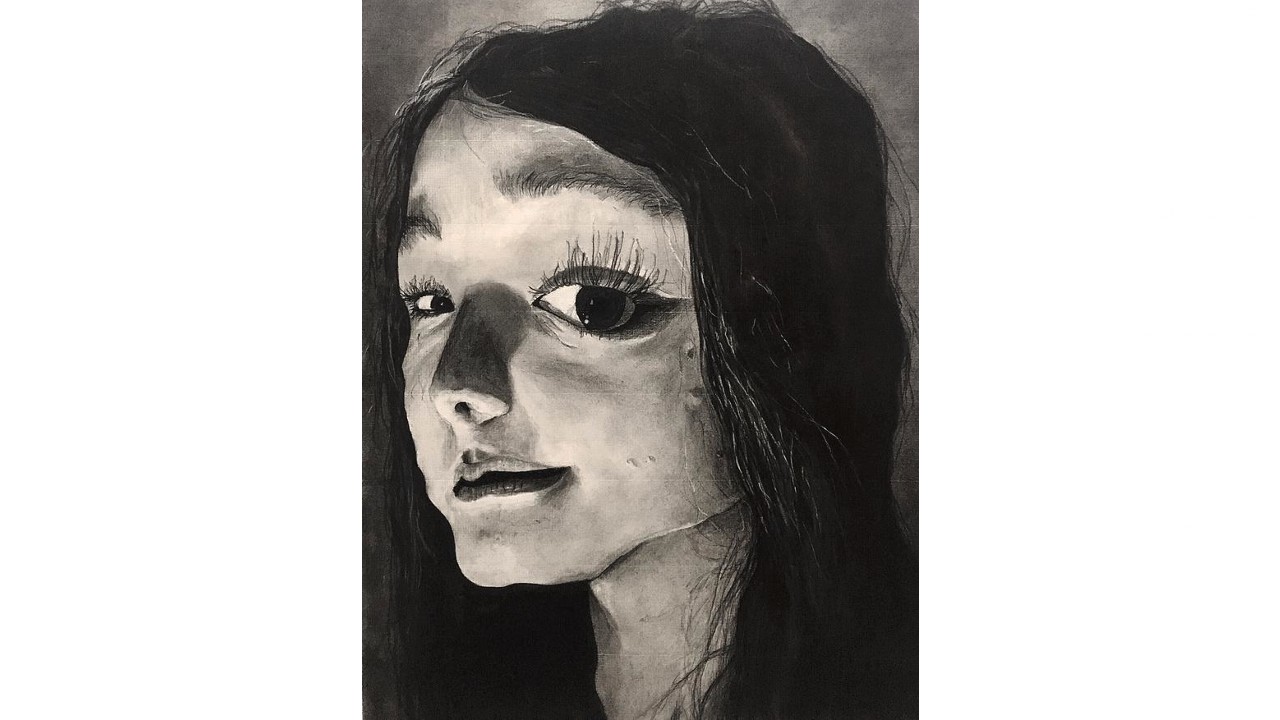
Yes, some antidepressants can actually relieve or reduce symptoms. However, other side effects may also occur. For example A woman who sees dragon-like faces, Although his visual hallucinations decreased when he began taking medication, he later began developing auditory hallucinations. Both were eventually resolved by prescribing a different antidepressant.
Until now Because very few cases have been recorded There isn’t enough information about the condition, but neuroscientists continue to work to obtain more data on the subject.
Sources: Scientific American, Faceblind, Science Direct
You may also be interested in this content:
Follow Webtekno on Threads and don’t miss the news







